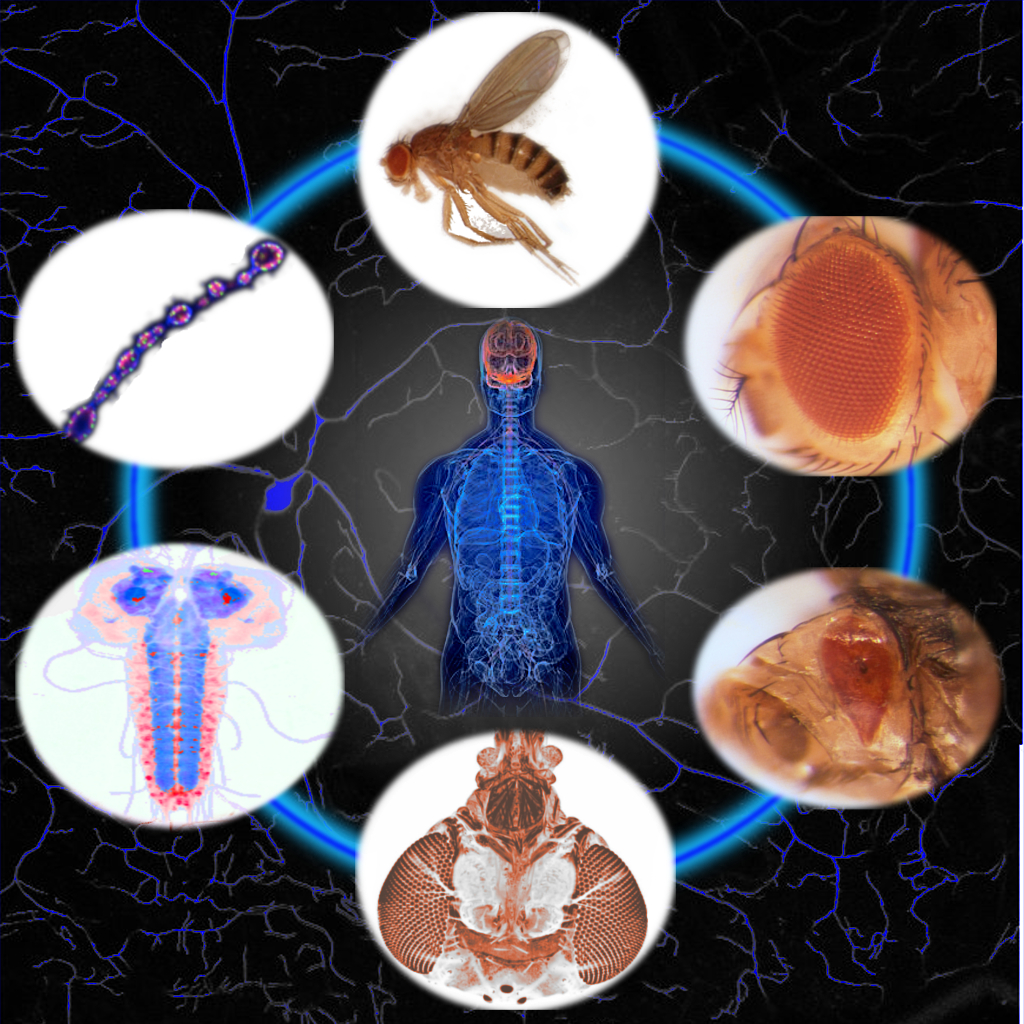What we do
 The Girirajan laboratory is interested in untangling the genetic and phenotypic heterogeneity associated with neurodevelopmental
disorders including autism spectrum disorders, schizophrenia, epilepsy, and intellectual disability disorders. There is extensive genetic heterogeneity
(i.e. more than one gene or genomic region implicated) for neurodevelopmental disorders such as, for example, autism and developmental delay suggesting
a larger genetic target. And, even among individuals carrying the same genetic variant, significant phenotypic heterogeneity (difference in the clinical
presentation) has been documented.
This has posed considerable challenges in understanding the role of discovered genetic variants in terms of disease
causation, diagnosis, and interpretation for management and treatment. The function of these variants in the etiology and pathogenesis of
neurodevelopmental disorders is unknown. Our research incorporates high-throughput genomic techniques including array comparative genomic hybridization,
genome and transcriptome sequencing, computational approaches, and model organisms to understand the genetic basis of human complex disease.
The Girirajan laboratory is interested in untangling the genetic and phenotypic heterogeneity associated with neurodevelopmental
disorders including autism spectrum disorders, schizophrenia, epilepsy, and intellectual disability disorders. There is extensive genetic heterogeneity
(i.e. more than one gene or genomic region implicated) for neurodevelopmental disorders such as, for example, autism and developmental delay suggesting
a larger genetic target. And, even among individuals carrying the same genetic variant, significant phenotypic heterogeneity (difference in the clinical
presentation) has been documented.
This has posed considerable challenges in understanding the role of discovered genetic variants in terms of disease
causation, diagnosis, and interpretation for management and treatment. The function of these variants in the etiology and pathogenesis of
neurodevelopmental disorders is unknown. Our research incorporates high-throughput genomic techniques including array comparative genomic hybridization,
genome and transcriptome sequencing, computational approaches, and model organisms to understand the genetic basis of human complex disease. Our ongoing projects and long term goals are related to the following:
- Discovering causative genes and genomic regions as well as modifiers in affected children and families to facilitate improved diagnosis, management, and counseling
- Recapitulating neurodevelopmental phenotypes in model organisms by engineering mutations in disease-associated genes
- Elucidation of disease-associated functional pathways to identify vulnerable and effective molecular targets for therapy


